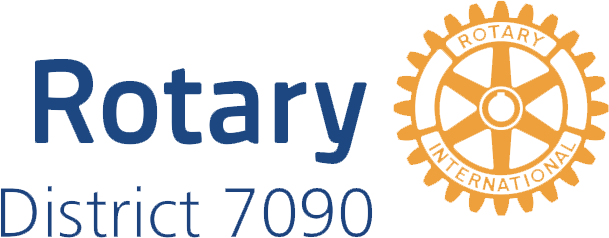RADAR
Rotary clubs around the world have responded. In District 7080 a group of Rotarians started RADAR: Rotary Action for the Development of AIDS Responses. The involved Rotary members and clubs started to coordinate knowledge, resources and contacts to relieve some of the pressures AIDS has caused in countries in
Rotary projects implemented by clubs in our District include assistance programs to orphanages, training programs for community development workers in recognizing early stages of the HIV infection, support of ARV treatment distribution and income generation through community vegetable gardens. Rotarians who visited countries such as
Clubs in our District 7090 developed special fundraising events or joined cross-district activities such as "Chachoka AIDS", a program which raises awareness and money through the sales of soccer ball donations to rural communities in
Local Rotary clubs in African countries sometimes do not consider HIV/AIDS as one of the priorities for their club's programs. Other African Rotary clubs have led the way in their community with programs fighting AIDS. There are no simple conclusions to draw, and there are no easy solutions. Maybe we will see the discovery of a vaccine for AIDS within the next decade. That would be of course amazing, and then we can start turning the tables on this crippling epidemic. However, until then we need to respond to the overwhelming needs of the many AIDS orphans and the affected communities.
Children, clean drinking water and literacy are some of Rotary's recognized priorities. I would argue that all of those priorities can be combined with activities to reduce the pressures caused by HIV/AIDS. If your club would be interested to learn more about this, then I am just an e-mail away and I would be happy to be the guest speaker at one of your weekly meetings.
Jos Nolle is a member of the Welland Rotary Club. He served as the club's President in 1997-1998 and afterwards has been active in the District's World Community Service Committee. Jos regularly travels for the Rotary International Foundation to evaluate and assess international 3H grants projects. Before joining Rotary, Jos worked full-time for the humanitarian relief organization "Doctors without Borders" from 1988 to 1995. He has been the Director of International Education & Development at
